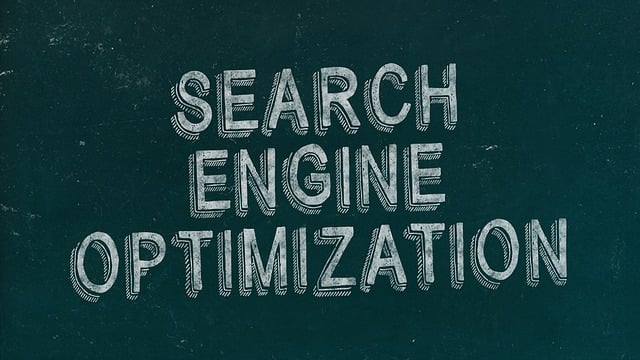The text emphasizes the challenges of modern RV repair, highlighting the need for improved efficiency and precision amidst complex systems. It introduces AI automation as a transformative solution, enabling data-driven decision making through analysis of vehicle diagnostics and historical records. By leveraging AI solutions for improving RV maintenance efficiency, repair shops can streamline processes, predict issues, minimize downtime, and enhance customer satisfaction. Advanced AI applications aim to set industry standards by integrating machine learning algorithms for predictive modeling based on sensor data, historical trends, and more, revolutionizing RV maintenance through proactive issue identification and streamlined processes.
In the expanding world of recreational vehicle (RV) ownership, maintaining these complex vehicles efficiently is a growing challenge. Traditional repair methods often fall short in addressing the unique and diverse issues that arise. This article explores how AI solutions for improving RV maintenance efficiency can revolutionize the industry. We’ll delve into the challenges of RV maintenance, uncover the transformative potential of AI automation, and forecast future prospects for advanced applications that promise to redefine RV repair standards.
- Understanding the Challenges of RV Maintenance: Highlighting the Need for AI Solutions
- Implementing AI Automation: Strategies and Benefits for Streamlining RV Repair Processes
- Future Prospects: Advanced AI Applications to Transform RV Industry Standards
Understanding the Challenges of RV Maintenance: Highlighting the Need for AI Solutions

The ongoing challenge in Recreational Vehicle (RV) repair lies in balancing efficiency and precision, particularly with the intricate nature of modern RV systems. Traditional maintenance methods often struggle to keep pace with the complex electronics, mechanical components, and unique features found in these versatile vehicles. As RV technology advances, so does the need for streamlined processes that can match this evolution. This is where AI automation steps in as a game-changer.
By implementing AI solutions for improving RV maintenance efficiency, repair shops can streamline their operations significantly. Artificial intelligence algorithms can analyze vast amounts of data from various sources, including vehicle diagnostics and historical maintenance records, to identify patterns and potential issues proactively. This predictive capability ensures that repairs are not just reactive but also preventive, reducing downtime for RV owners and enhancing overall satisfaction with the maintenance process.
Implementing AI Automation: Strategies and Benefits for Streamlining RV Repair Processes

Implementing AI automation in RV repair processes offers a game-changing strategy to revolutionize the way recreational vehicle maintenance is handled. By leveraging advanced AI solutions, repair shops can significantly improve efficiency and accuracy in various stages of RV maintenance. One of the key benefits lies in its ability to streamline repetitive tasks, such as diagnosing issues based on sensor data, which saves time for technicians and reduces potential errors.
AI-powered systems can analyze vast amounts of historical RV repair data to predict common problems, enabling proactive maintenance. This predictive approach ensures that repairs are conducted before breakdowns occur, minimizing downtime for RV owners. Furthermore, AI solutions can enhance document management by automating the process of generating repair reports, improving overall organization and accessibility of critical information.
Future Prospects: Advanced AI Applications to Transform RV Industry Standards

The future of RV repair lies in the integration of advanced AI applications, setting new industry standards and revolutionizing maintenance efficiency. By leveraging machine learning algorithms, AI solutions can analyze vast amounts of data from various sources, including sensor readings, historical maintenance records, and industry trends. This enables predictive modeling, allowing technicians to anticipate potential issues before they occur, thereby reducing downtime for RV owners.
Imagine a scenario where AI-driven systems identify patterns in common repair scenarios, suggesting proactive maintenance routines. This could include smart reminders for routine checks, optimized part replacements, and even virtual assistance during complex repairs. Such advancements promise to streamline RV maintenance, making it more accessible, cost-effective, and convenient for all enthusiasts exploring the open road.
AI automation is poised to revolutionize RV repair processes, addressing longstanding challenges and enhancing efficiency. By leveraging advanced AI solutions, RV maintenance can become more precise, swift, and cost-effective. As technology advances, we can expect even more innovative applications that will further transform the industry, ultimately improving the overall ownership experience for recreational vehicle enthusiasts.
